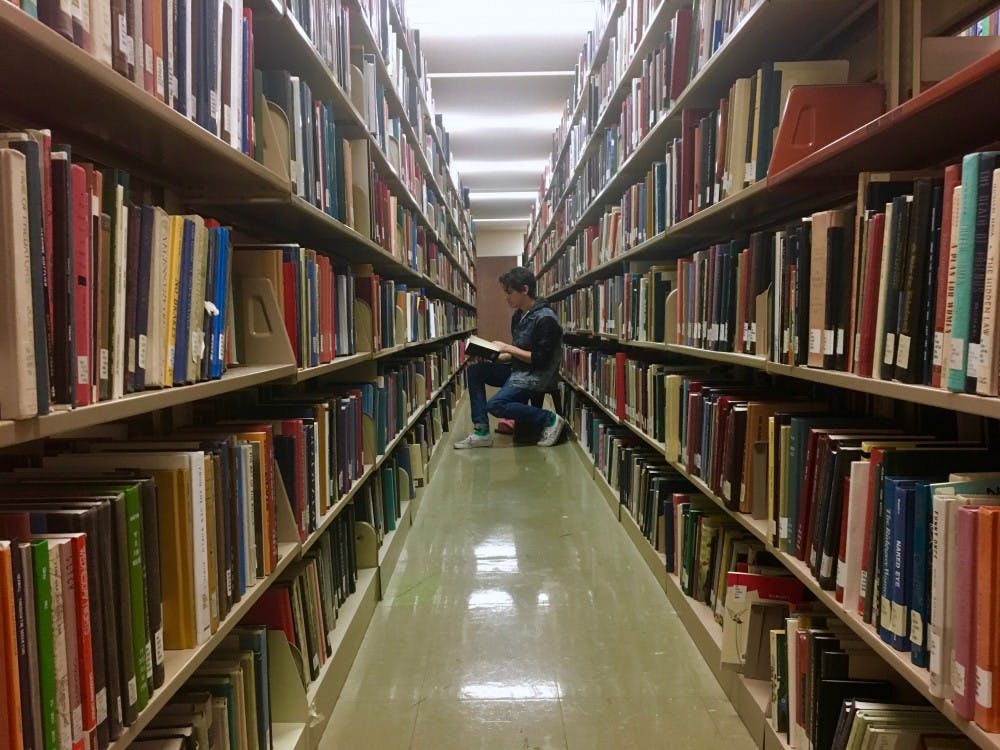Liberal arts students are often questioned on the legitimacy of their study.
According to the Association of American Educators, in 1999 all school districts with a majority of low-income students had music programs. In 2012, that number has decreased to 81 percent.
Patrick Moyse, an English major, said he remains determined with his major choice because of parental support.
“Luckily my parents have always supported my degree choice no matter what it was," Moyse said. "Their support greatly helps me stay engaged in school. Without their support, I would probably settle for something that I wouldn’t really care about, and that apathy would reflect in my schoolwork and participation.”
Moyse has been involved in the arts for his entire life. He also said whether it be acting, high school choir, or being the vice president of Priority Male, an all-male acapella group at ASU, arts has always been important to him.
“People seem to want museums and music, but they don’t want to pay for it," Moyse said. "We need to start appreciating art more and paying for it just as we do with any other good or service in order to remove this stigma and support our artists.”
A negative connotation has developed around the idea of pursuing a degree in the arts.
Lissa Essig, director of Enterprise and Entrepreneurship Programs at the Herberger Institute, said the stigma against arts degrees is misleading and hyperbolic.
“The stigma, I think, derives from a false impression about a starving artist that really doesn’t exist, especially in today’s economy," Essig said. "The arts are a critical part of our society and our culture and we need trained artists in order to advance culture.”
The lack of support of liberal arts has recently surfaced in our state legislation.
Arizona legislature recently attempted to pass House Bill 2120, a bill that would ban the teaching of social justice courses in public schools, could decrease the amount of liberal arts courses in schools dramatically.
Although the bill recently died, there may be more like it in the future.
According to a study conducted by Humanities Indicators, from 2012 to 2014, bachelor degrees in humanities decreased 8.7 percent.
Gregg Elder, multimedia journalism professor at ASU, said an absence of understanding is responsible for the deficiency of support of the arts.
“When people don’t understand what the value (of a job in the arts) is, it’s hard for them to understand," he said. "It’s difficult to quantify the value of creative skills.”
Elder said he experienced the lack of support in his adolescence and is now a successful professional in the arts industry.
“One thing I like about arts is there is no limit, there is always more to learn," he said. "You can keep expanding and coming up with new avenues, changing the paradigm. There are always new ways. You can’t innovate if there are ceilings.”
Reach the reporter at mrstelli@asu.edu or follow @mollystellino on Twitter.
Like The State Press on Facebook and follow @statepress on Twitter.




